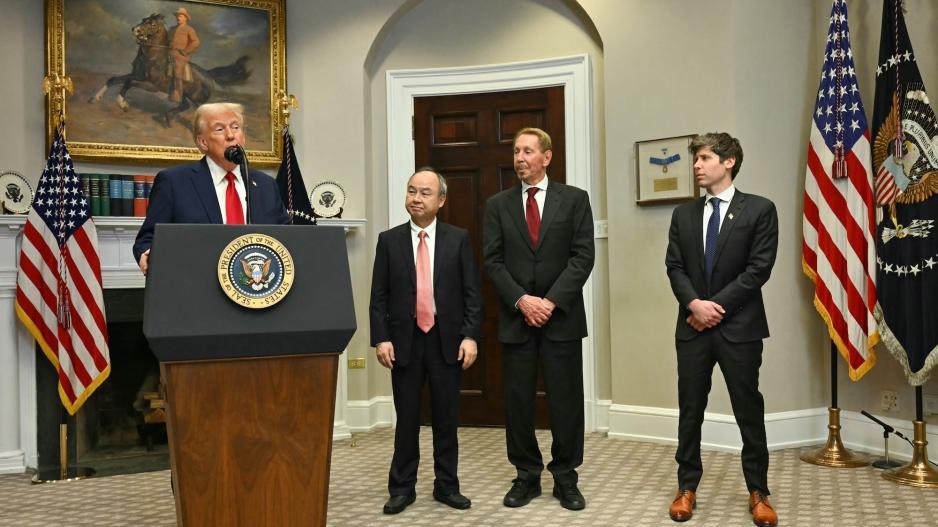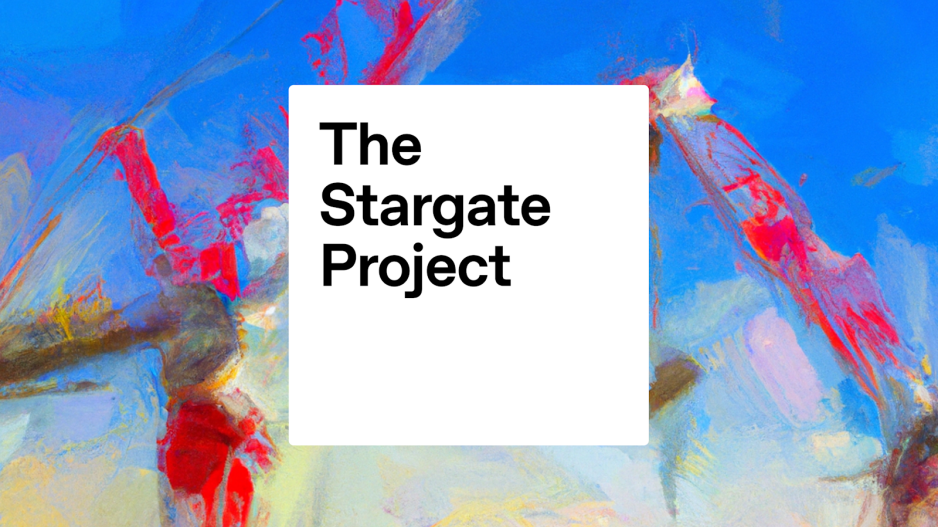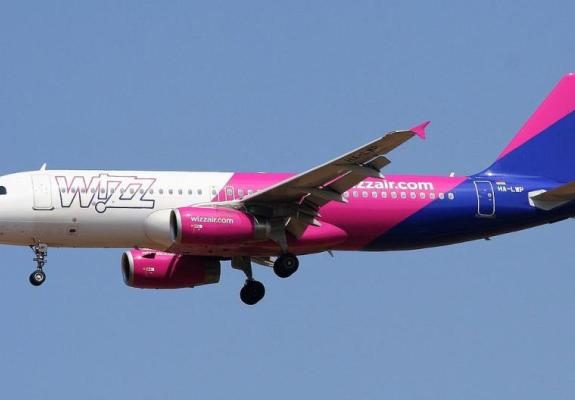In the World of AI, Everyone Is Talking About the Stargate Project—But What Is It Exactly?
The White House wants to turbocharge US competitiveness against AI advancements in China.
In a bold bid to cement America’s position at the forefront of artificial intelligence, OpenAI, SoftBank, Oracle, and the United Arab Emirates–based MGX sovereign wealth fund have unveiled “The Stargate Project.” With backing from the White House, the venture promises to invest up to $500 billion in AI-focused data centers across the United States, creating an estimated 100,000 jobs.
Donald Trump, announcing the partnership alongside OpenAI CEO Sam Altman, SoftBank CEO Masayoshi Son, and Oracle co-founder Larry Ellison, called it the “largest AI infrastructure project by far in history.” Although the Stargate Project was reportedly in development before Trump took office, the President said his administration would expedite regulatory hurdles and use “emergency declarations” if necessary to help ensure rapid construction of massive new data centers.
“This will be the most important project of this era,” Altman declared from the White House podium. “We wouldn’t be able to do this without you, Mr. President,” he added, emphasizing Trump’s support for keeping AI development within US borders.

-
OpenAI will oversee operations of the AI infrastructure, leveraging its expertise in cutting-edge research.
-
SoftBank, under Masayoshi Son, carries the main financial responsibility. The Japanese firm has pledged an initial $100 billion, with plans to scale up to $500 billion within four years.
-
Oracle, led by tech titan Larry Ellison, will help construct and manage data centers. Oracle is already a major US data center operator.
-
MGX, a sovereign wealth fund from the United Arab Emirates, is also contributing capital.
According to Ellison, the first data center—a sprawling one-million-square-foot facility—is already under construction in Texas, with plans to build similar sites elsewhere in the country.
Not everyone is convinced by the promised half-trillion-dollar venture. Elon Musk, who owns the social media platform X and also serves as a high-profile adviser to Trump, cast doubt on the project’s funding. “They don’t actually have the money,” Musk said, claiming that SoftBank has “well under $10B secured.”
Altman dismissed Musk’s remarks, labeling them “wrong” and inviting Musk to visit the Texas construction site. The exchange highlights a longstanding rivalry: Musk was once part of OpenAI’s board but left in 2018 amid differing visions for the company’s direction. He has since launched his own AI startup and criticized OpenAI’s shift toward more commercial aims.
Despite Musk’s skepticism, sources close to the partnership say that $100 billion in funding is already in place, and that SoftBank’s vast global resources—plus additional partners—will drive the remaining capital. Industry analysts also point out that AI data center investment is surging among US tech giants like Microsoft and Amazon, though whether the full $500 billion commitment will be realized remains an open question.
The Stargate Project reflects a wider trend: explosive demand for computing power to fuel artificial intelligence. From language models to cancer detection tools, AI applications require vast server capacity and significant water and energy resources.
Market research from McKinsey and other firms suggests data center capacity worldwide could need to more than triple by 2030, potentially straining power grids and raising environmental concerns. Trump, however, has vowed to streamline regulations and use emergency measures if needed. “I’m going to help a lot through emergency declarations because we have an emergency,” the President said. “We want AI here in the United States.”

The initiative also underscores the administration’s new direction on AI policy. Shortly after taking office, Trump reversed an executive order from former President Joe Biden that aimed to regulate and monitor AI risks. Critics worry that unfettered expansion could neglect potential security, privacy, and ethical pitfalls.
Still, many on Wall Street remain enthusiastic, reading the Stargate announcement as a sign the White House wants to turbocharge US competitiveness against AI advancements in China. SoftBank’s involvement—despite being a Japanese company—signals Washington’s openness to investment from allies, as long as it bolsters America’s AI leadership.
Whether Stargate ultimately lives up to its $500 billion promise or joins the list of ambitious tech projects that underdeliver remains to be seen. For now, construction crews are already at work in Texas, and Altman insists the partnership is “well-positioned to deploy the resources needed.”
“We believe in this project’s scale and mission,” Altman said. “It’s about ensuring the next generation of AI is built right here in the United States.”






